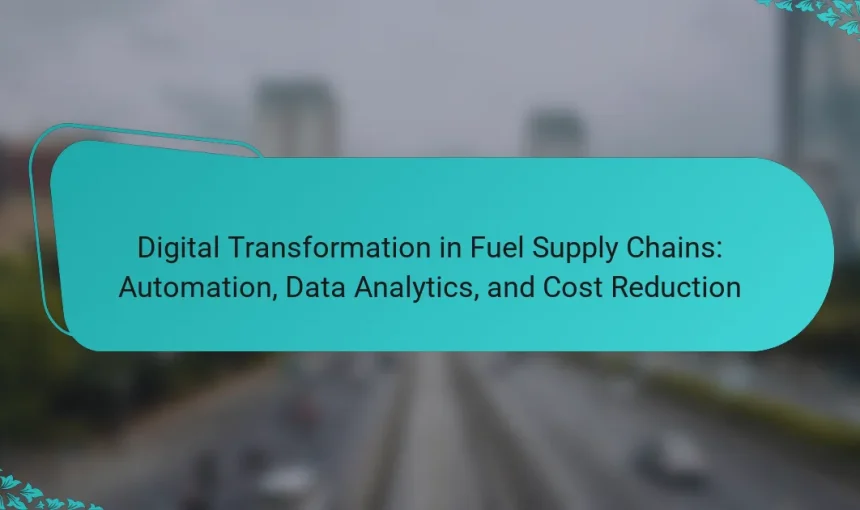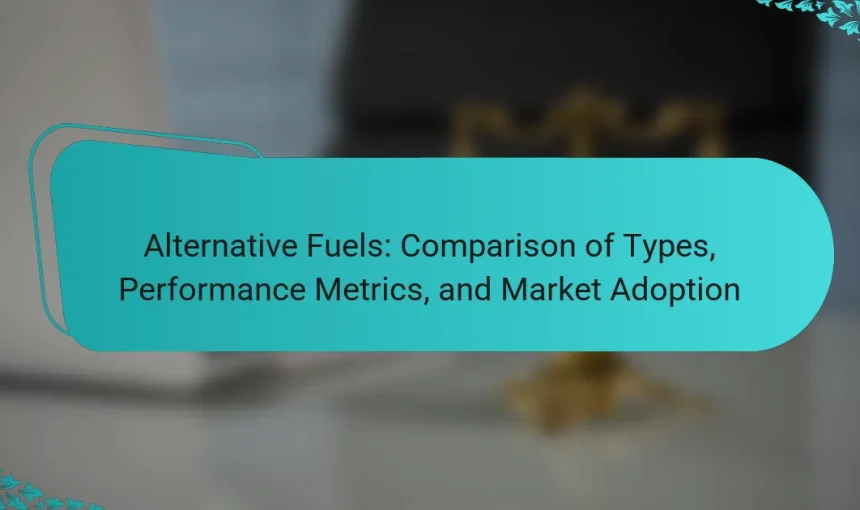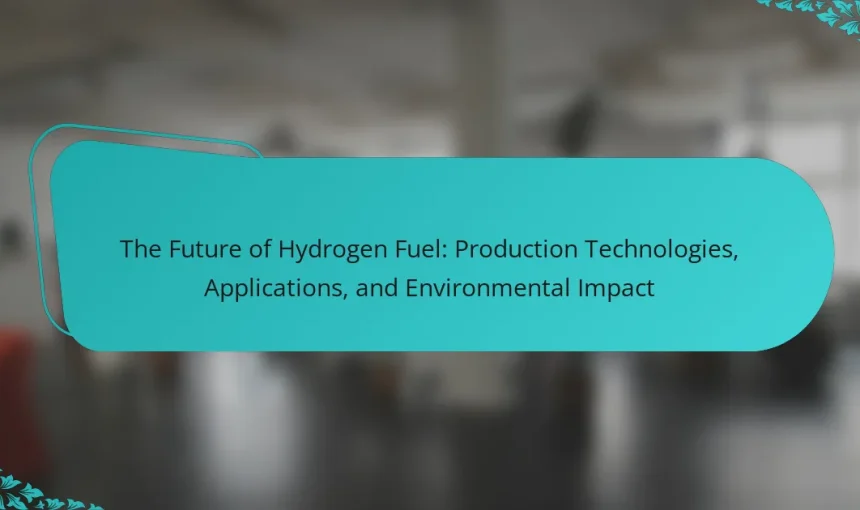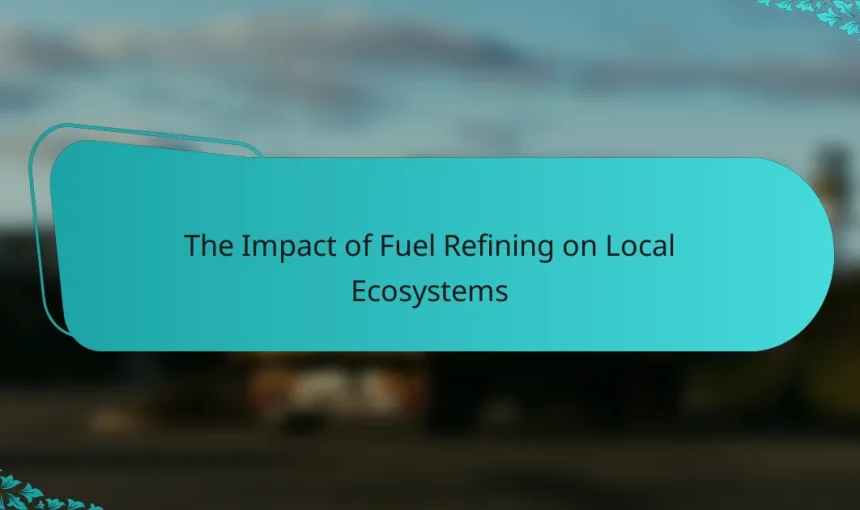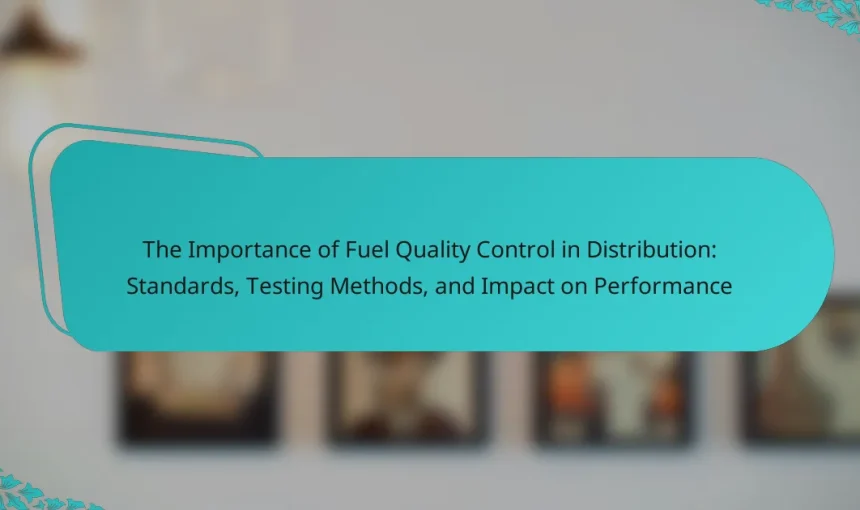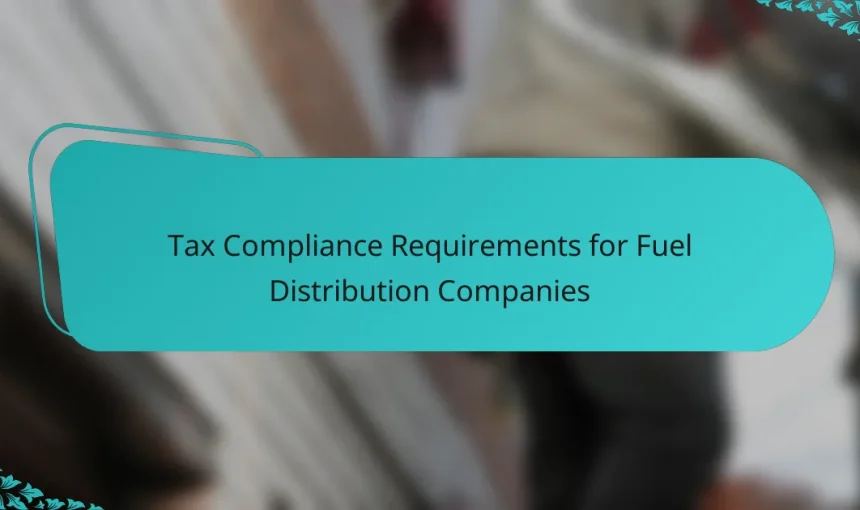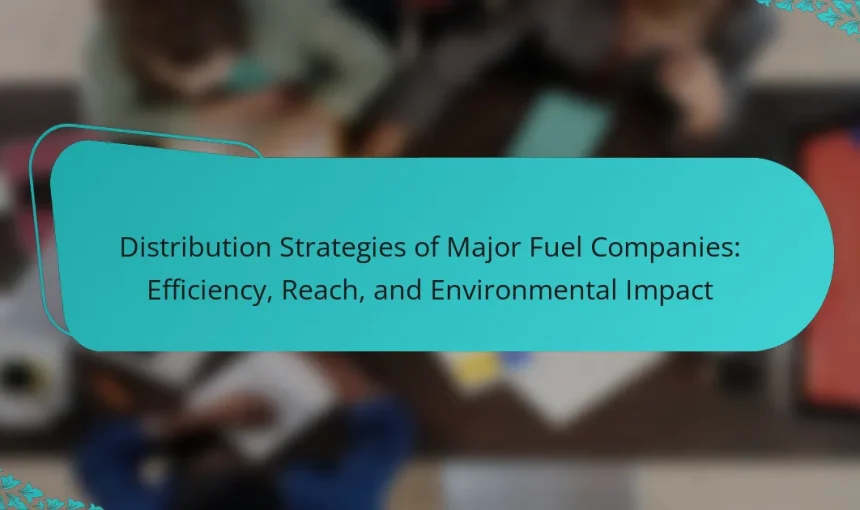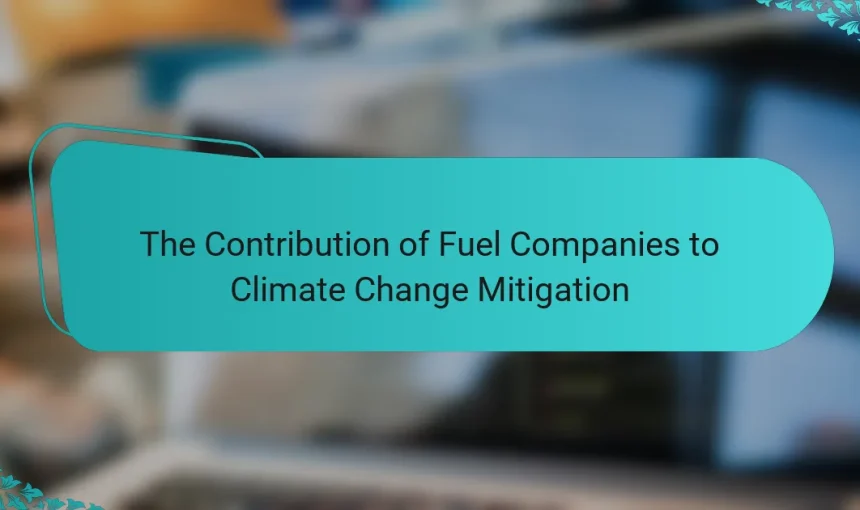What is Digital Transformation in Fuel Supply Chains? Digital transformation in fuel supply chains refers to the integration of digital technology across all areas of the supply chain. This transformation enhances operational efficiency, improves data analytics, and reduces costs. Companies adopt technologies like IoT, blockchain, and AI to streamline processes. These technologies enable real-time tracking […]
What are the Reporting Obligations for Fuel Companies Under Federal Law? Fuel companies are required to report various data under federal law. They must submit reports on emissions, production, and distribution of fuel. The Environmental Protection Agency (EPA) mandates these reporting requirements. Companies must comply with the Clean Air Act and the Clean Water Act. […]
What are Alternative Fuels? Alternative fuels are energy sources that serve as substitutes for traditional fossil fuels. These fuels include biofuels, hydrogen, electricity, and natural gas. They are designed to reduce greenhouse gas emissions and dependence on petroleum. For example, biofuels are derived from organic materials, while hydrogen can be produced from water and renewable […]
What is Hydrogen Fuel and Why is it Important for the Future? Hydrogen fuel is a clean energy source produced from hydrogen gas. It can be used in fuel cells to generate electricity with water as the only byproduct. Hydrogen fuel is important for the future due to its potential to reduce greenhouse gas emissions. […]
What is the impact of fuel refining on local ecosystems? Fuel refining negatively impacts local ecosystems. It releases pollutants such as sulfur dioxide, nitrogen oxides, and volatile organic compounds. These substances can lead to air and water quality degradation. Aquatic ecosystems suffer from oil spills and wastewater discharge. Soil contamination occurs due to leaks and […]
What are Fuel Price Forecasting Techniques? Fuel price forecasting techniques are methods used to predict future fuel prices. These techniques include statistical models, machine learning algorithms, and econometric models. Statistical models often analyze historical price data to identify trends. Machine learning algorithms utilize large datasets to improve prediction accuracy. Econometric models consider economic indicators and […]
What is Fuel Quality Control in Distribution? Fuel Quality Control in Distribution refers to the processes and measures taken to ensure that fuel meets specific quality standards throughout its distribution chain. This includes monitoring fuel characteristics such as purity, viscosity, and chemical composition. Effective fuel quality control prevents contamination and degradation during transportation and storage. […]
What are the Tax Compliance Requirements for Fuel Distribution Companies? Fuel distribution companies must adhere to specific tax compliance requirements. These requirements typically include registering for applicable taxes, such as fuel taxes and sales taxes. Companies must maintain accurate records of fuel purchases and sales. They are also required to file periodic tax returns with […]
What are the Distribution Strategies of Major Fuel Companies? Major fuel companies utilize various distribution strategies to optimize efficiency and reach. These strategies include direct distribution, where companies sell fuel directly to consumers through branded retail outlets. Additionally, they employ a network of distributors and wholesalers to expand market reach. Transport logistics play a crucial […]
What is the role of fuel companies in climate change mitigation? Fuel companies play a critical role in climate change mitigation by transitioning to renewable energy sources. They are investing in technologies that reduce carbon emissions. Many fuel companies are setting net-zero targets to align with global climate goals. For instance, BP aims to become […]
